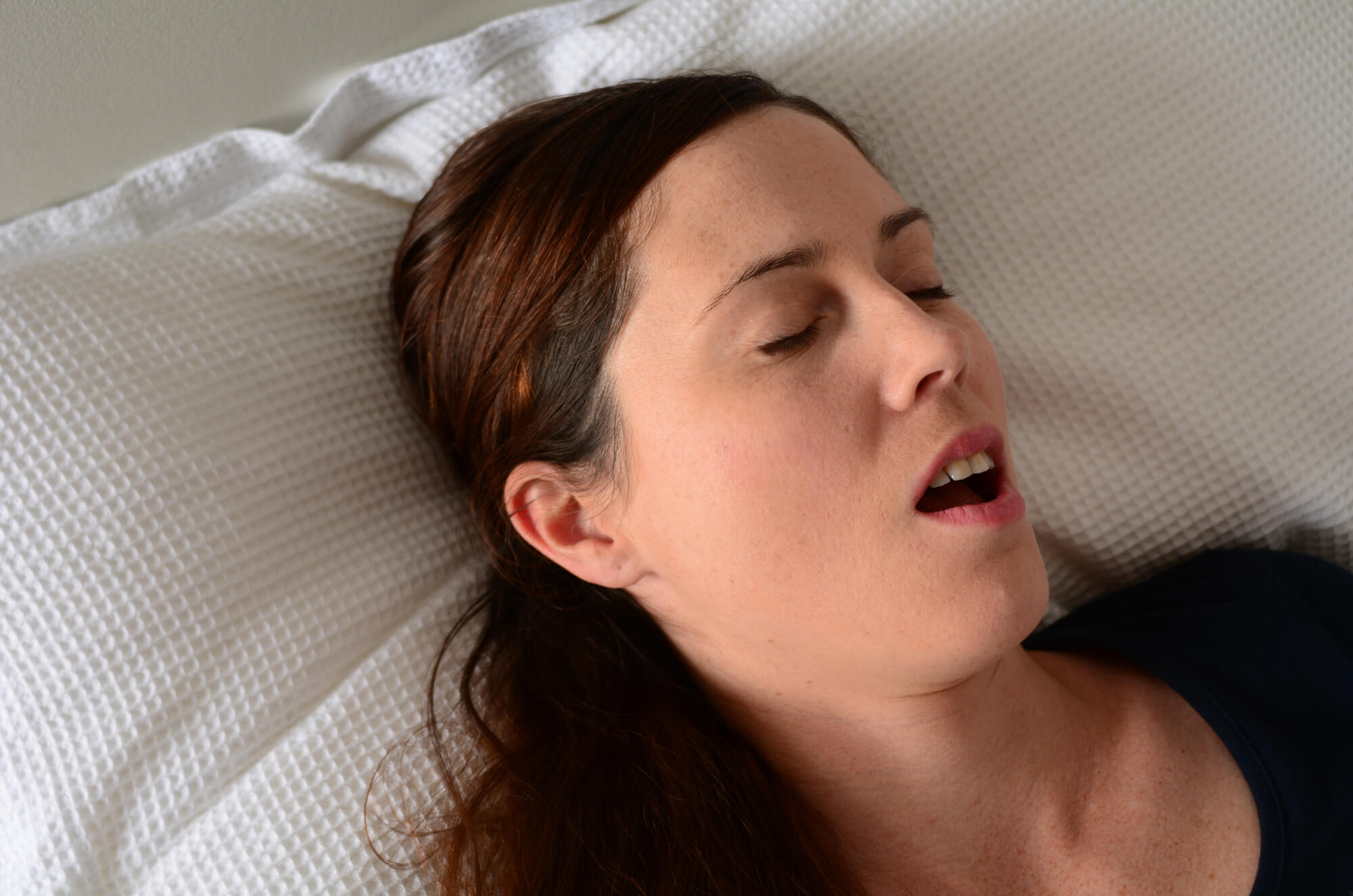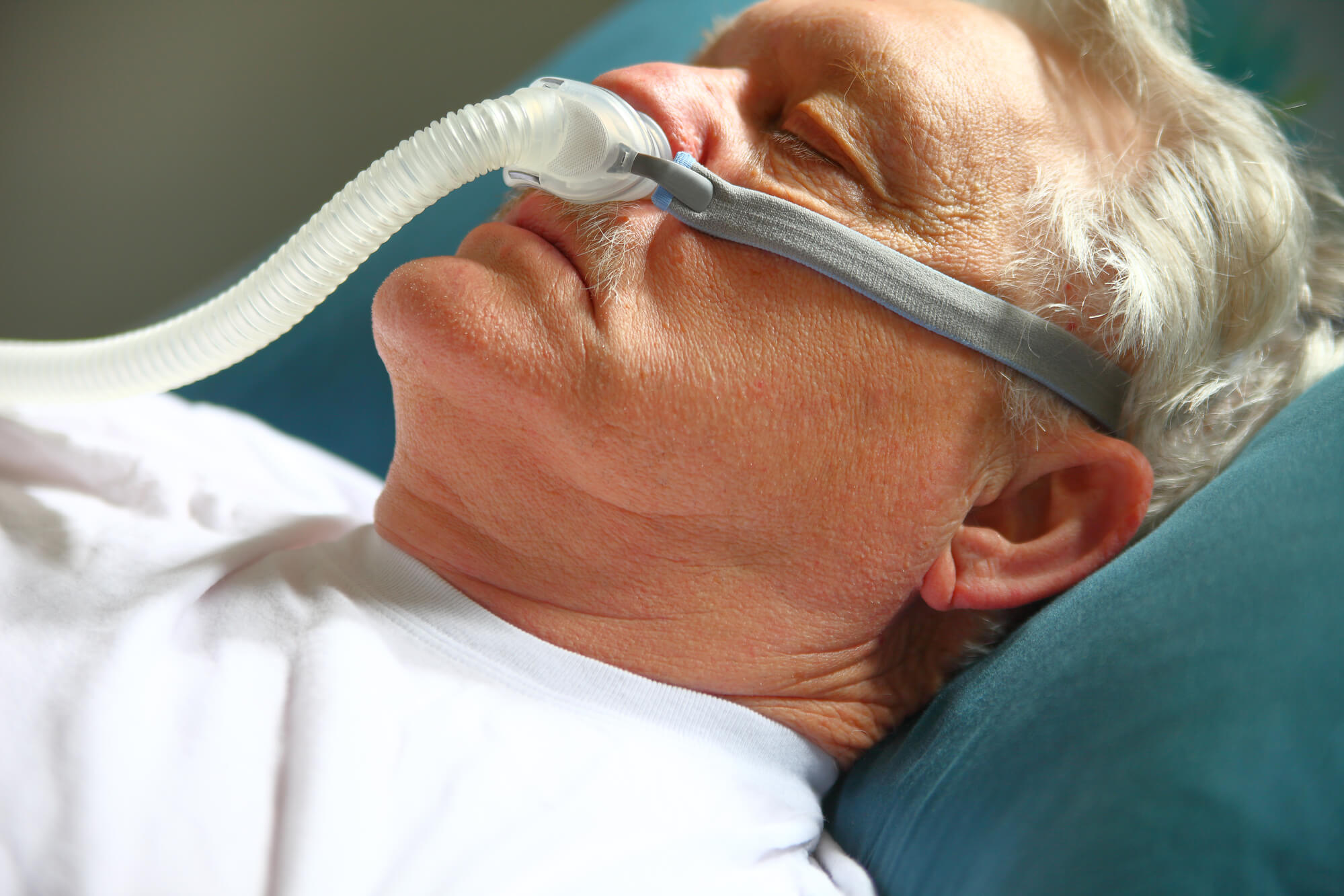- About Us
- Patient Resources
- EXPERTISE
ORTHODONTICS AND DENTOFACIAL ORTHOPEDICS
- TECHNOLOGY
- Blog
- Contact
Upper Airway Resistance Syndrome (UARS) is a disorder where a patient’s upper airways get partially blocked during sleep, leading to increased respiratory effort and disrupted sleep patterns. Unlike obstructive sleep apnea (OSA), individuals with UARS may not experience complete cessation of breathing, but rather encounter frequent arousals and fragmented sleep.
The repercussions of untreated UARS extend beyond mere sleep disruptions, with symptoms like daytime fatigue, cognitive impairment, and cardiovascular strain. Today, we will discuss the profound consequences UARS can have on physical and mental health, as well as the treatment options available to those affected.

Untreated upper airway respiratory syndrome often results in persistent insomnia, characterized by difficulty falling asleep or staying asleep throughout the night.
The frequent arousals and disruptions in sleep typical of UARS prevent individuals from achieving the necessary 7.5 to 8 hours of sleep a night. As a result, they experience daytime fatigue and cognitive function impairment.
Over time, chronic insomnia can contribute to mood disturbances, decreased productivity, and a diminished quality of life.
As UARS patients fail to adequately increase parasympathetic activity during episodes of airway resistance, repetitive spikes in blood pressure occur. These episodes disrupt the normal regulation of blood pressure during sleep, which results in sustained elevations in blood pressure levels over time.
The recurrent surges in sympathetic nervous system activity, triggered by the body’s response to blocked airways, further exacerbate the hypertensive effects of untreated UARS.
Therefore, not treating UARS and subsequent hypertension increases the risk of cardiovascular complications such as heart attack, stroke, and heart failure.
Finally, patients with UARS are at significant risk of developing various cardiovascular conditions, including:
The chronic physiological stress induced by untreated UARS, which causes recurrent fluctuations in blood pressure, heart rate, and oxygen saturation during sleep, can contribute to cardiac remodeling and dysfunction.
Professionals identify UARS through polysomnography, also known as sleep study. This diagnostic test monitors various physiological parameters during sleep, such as:
By analyzing the recorded data, healthcare providers can detect abnormalities indicative of UARS, such as frequent arousals, respiratory effort-related arousals, and subtle airflow limitations.
Managing Upper Airway Resistance Syndrome (UARS) involves a combination of lifestyle modifications and medical interventions aimed at improving sleep quality and alleviating symptoms:
For individuals with UARS who are overweight or obese, weight loss can be an effective treatment strategy. Excess weight can contribute to airway obstruction and exacerbate respiratory disturbances during sleep.
Therefore, with a healthy diet and regular exercise regimen, many UARS patients can experience improvements in airway patency and reductions in symptoms such as snoring and daytime fatigue.
Continuous positive airway pressure (CPAP) therapy is a primary treatment modality for UARS and its more severe counterpart, obstructive sleep apnea (OSA).
CPAP involves wearing a mask connected to a machine that delivers a continuous stream of air pressure, preventing airway collapse and maintaining open air passages during sleep. CPAP therapy reduces respiratory events, improves sleep quality, and alleviates symptoms in individuals with UARS.
Oral appliances, also known as mandibular advancement devices or dental devices, are another treatment option for UARS. These custom-fitted devices are worn during sleep and work by repositioning the lower jaw forward to prevent airway collapse and maintain airway patency.
Oral appliances are particularly beneficial for individuals who cannot tolerate CPAP therapy or prefer a less invasive treatment option. While not as effective as CPAP for severe cases of UARS, oral appliances can still provide significant symptom relief and reduce sleep disturbances.
In some cases, surgery may be necessary to address anatomical abnormalities contributing to UARS, such as nasal septal deviation or enlarged tonsils. However, it is considered a last resort when conservative treatments have been ineffective or impractical.
Surgical procedures aimed at widening the airway or removing obstructions can help alleviate symptoms and improve airflow during sleep. Options for surgery vary depending on the underlying anatomical issues, and they include:

For comprehensive diagnosis and treatment of upper airway resistance syndrome (UARS), sleep apnea, and related disorders, contact Sunrise Orthodontics or Airway and Sleep Group to schedule an appointment. Call our experienced specialists today!
Admit it. You think all orthodontic offices are the same. Most are. We aren’t. We believe your experience should be something special.
Contact Us Today